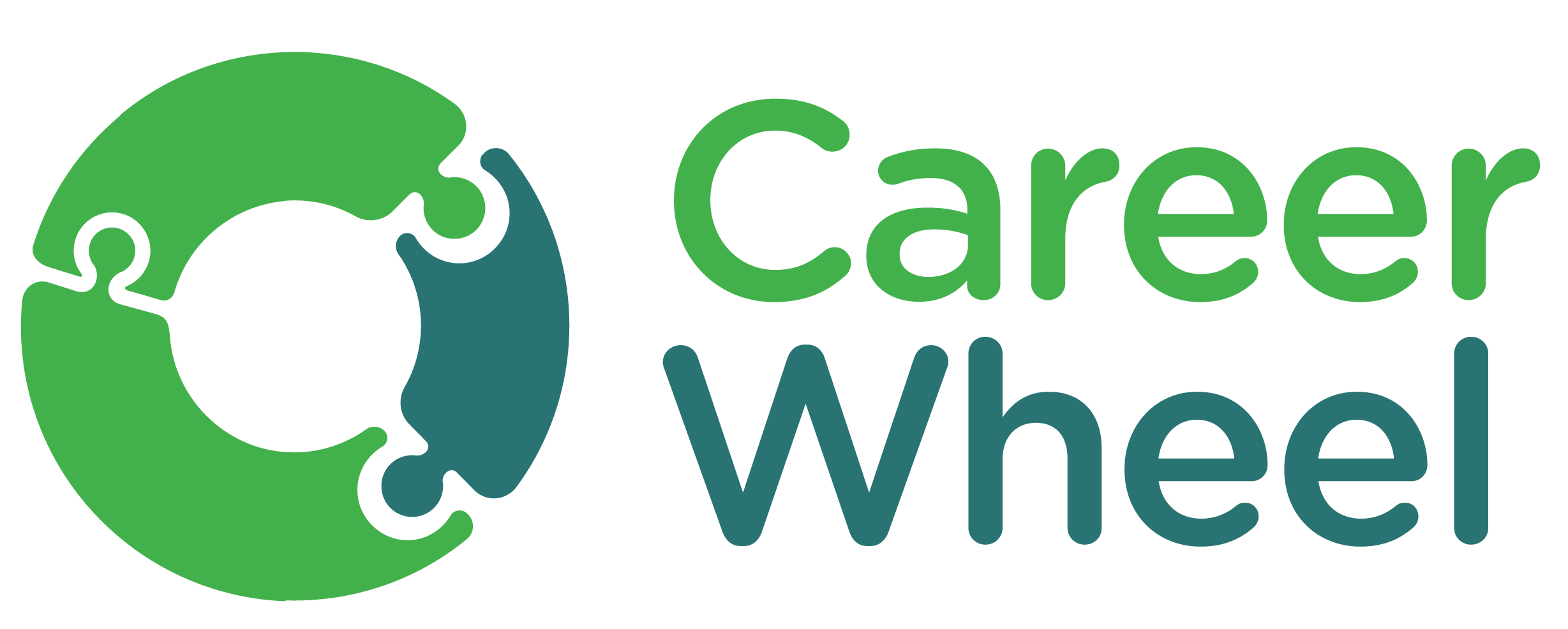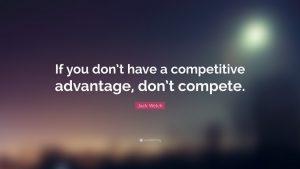Phew! It’s been 2 months already. I do miss getting in touch with all of you.
“What kept me away?”
Well, after 4 years in the Pharmaceutical Marketing industry working in 2 multinational organisations, I quit my fantastic job to pursue a dream; the second major risk I have taken in my career. It is exciting to be a Chevening Scholar, benefitting from a fully funded scholarship worth over GBP 40000 while attempting a career transition. Like many cases of uncertainty, I was nervous about my decision but hold on; this was part of a PLAN.
In this article, I will share with you the importance of a PLAN in achieving a successful career, although developing it can be a nerve-racking exercise sometimes.
If wishes were horses, beggars will ride. In other words, life would be very easy if all you had to do was to wish away. In a world of finite opportunities, intentionality is a significant component of your success story and that does not exist without a plan.
I dreaded planning and it still happens to be one of my most difficult tasks to accomplish. What makes it worse is that my personality-a high extraversion score and a low conscientiousness score- interferes with my planning ability. In simple terms, I am traditionally not someone who loves to plan because I enjoy spontaneity. Most times, however, the benefits of planning outweighs the risks of having to play the personality card. You can decide to leave your vacation plans to spontaneity and that will be okay to deal with. You don’t want to try that with your career though. That was just by the way.
...I will want to mention what a Career Plan is not. A career plan is not static. It may change completely as you face reality.
In the process of converting our wishes to successes, especially in the context of careers, it pays to formulate a career plan. Before I move on, I will want to mention what a Career Plan is not. A Career Plan is not static. It may change completely as you face reality. I have come across people who decide not to plan because it changes anyway. While this may feel right, I have learnt from experience that it is less costly when a plan changes than when there is no plan at all. A plan keeps you focused and serves as a baseline to track your progress.The plan is also highly iterative and therefore has to be constantly updated with new information every now and then. There are so many online Career Plan templates you can choose from but I will share what I learnt from Emmanuel Woyome, a renowned HR practitioner, and the little touch I added to it based on my experience. Prior to formulating your career plan, you need to make the following considerations. Developing your career outside these contexts may put you at some risk of not being able to achieve your goals.
- Self-awareness – Before you plan, you need to have an idea about who you are. Your personality (strengths, weaknesses), interests and passion, core values and the skills you possess. The purpose of this part of career planning is not to only make you aware of yourself but also to know how you can improve yourself. Your strengths are the naturally occurring traits you could easily develop for the benefit of your career. Knowing your weaknesses will help you understand why some tasks seem so difficult. With this knowledge, you can drive yourself towards excellence by bridging all the gaps. Your core values are the things you stand for and are not willing to compromise on. Your values greatly influence the type of career you would want to build and the environment in which you would want to work in. It helps you find a better purpose and meaning in whatever you do. While self-reflection may be the best method in performing a skills audit to bring to the fore the technical and transferable skills you possess, it may not fully account for the discovery of your strengths, weaknesses and values. This is where personality testing becomes useful. Personality tests are tools that have been tested among wide populations and can serve as a good mirror in understanding your psychology. It is okay to disagree with some portions of your personality test reports as they may not give you a 100% description of who you are. You just need to be truthful to yourself in the process. Some personality tests you will find on the internet include Myers-Briggs Type Indicator (MBTI), Big Five (OCEAN), Enneagram, DiSC, Revised Neo-Personality Inventory (NeoPi-R) among others. Take a personality test today and document the strengths and weaknesses you will discover. Free reports are normally limited but paid reports can give you extensive insights. Visit our Self-awareness hub via www.linktr.ee/productivityopt to access the free tests. You should also take a value assessment test to understand clearly what you stand for as an individual. Your interests or passion are often activities that bring you joy. In the cases where self-reflection does not help you in discovering these, you may want to volunteer to immerse yourself in several other disciplines. Some people are able to discover their interest or passion this way.
- Environmental awareness – It is important to take note of the environment around you. The opportunities you may encounter and the threats you may face in the process of achieving your career journey all exist in your environment. You should be able to tie your vision and your ultimate career goal to these opportunities and threats. There are cases where you would have to switch your environment if opportunities do not exist or it poses a threat to your vision. For example, if you want to contribute extensively to astronomical science as an astronaut, you will need to work in a country that at least has a space agency. Otherwise, you dream might crush and you may look at an alternative.
You can now craft your plan, bearing in mind your strengths and weaknesses as well as the opportunities and threats in your environment using the following guidelines:
- Vision – Have a vision. Your vision is the ultimate goal you would want to achieve in life and this should align with your values and purpose. If you find it hard defining your purpose, then it is time for a lot more self-reflection and self-awareness exercises. Someone’s vision may be to become a communication expert who will be well known in his or her country to motivate young people to venture into communication and use that as a tool for community development. Some other person may want to become a dollar billionaire while providing jobs to people globally. The vision is yours; Dream it.
- Strategy – How do you seek to achieve this vision and live your purpose? What skills do you need to build? How do you seek to develop these skills?; through on-the-job experience, volunteering, certifications or formal education or self-directed learning? What resources, including networks, money, time etc, would you need to develop these skills? What environment must you find yourself in to realise this vision? Do you have to go entrepreneurial? Would you need a mentor? Answering these questions determine what strategies you would have to use. Your strategy guides your career plan and it gives you an opportunity to think extensively about the execution process of your vision.
After defining your vision and strategy, you have to break them down into long-, medium- and short-term goals. It is more practical to reverse engineer your career in your plan than use a bottom-up approach (short-term to long-term). Whatever you do now and in the short-term must find a way to feed into the medium- and long-term goals as well as your vision. This goes on to show that without a career plan, you stand a higher risk of not being focused in the type of jobs you engage in and your career progression.
- Long-term goal: By 5 to 10 years time or more from now, what would I have achieved? How does it feed into my vision? Tapping from my strategy, what are my action plans?
- Medium-term goal: Between 2 to 5 years time from now, what would I have achieved? How does it feed into my long-term goal? Tapping from my strategy, what are my action plans?
- Short-term goal: 1-2 years from now, what would I have achieved? How does it feed into my medium-term goal? Tapping from my strategy, what are my action plans?
- Immediate goals(The NOW): What am I doing currently? How does it influence my achievement of the short-term goals I have set for myself? Tapping from my strategy, what are my action plans?
Technically, this sums up your career plan. While putting the above goals together, you must match it against the SMART criteria to make sure your goals are truly smart. If you understand the concept of SMART goals thoroughly, you may skip this part to the end. You could also skim through.
S- Specific – Your goals must dwell within a particular context. This context can be industry-specific, location-specific, etc. Instead of saying you would want to be a successful corporate professional, you could get specific by saying you would want to be a renowned HR practitioner, with skills in the area of Talent Acquisition, in the African Tech Ecosystem. A lot of people get scared about being specific, but they forget the golden rule; A plan is not static. You will arrive at something more specific if you do due diligence with your previous assessments.
M – Measurable – Your goals must be measurable. The main focus here is the use of numbers. How would you tell your weight if the weighing scale has no numbers? Imagine if the money we spent has no numbers on them or no value, how do you measure how much you have spent? If your goal is to become a YouTube icon where you can share your comedy skits to help people forget about their worries, the numbers on your channel have to grow. In the short-term, what should the numbers look like? How about the medium- and long-term? This is the only way you can measure your progress.
A – Attainable – Your goals must be attainable. In other words, they must be realistic. By aligning your available resources (skills, time, money, networks etc.) to the opportunities and threats in your environment, you will be able to understand how feasible your goal is and adjust it appropriately. How can I achieve this goal within this time window considering the resources I have?
R – Relevant – Your goal should be relevant to you and your society. Relevant to you means it is in sync with your values and also the needs of society. People should be ready to pay for the value you bring to the table because it addresses their needs. At the same time, when this aligns with your values, it brings you a greater sense of purpose and fulfilment.
T – Time-bound – Match up your goals against timelines. This part has already been addressed in the definition of short-, medium- and long-term goals.
To finish off, keep in mind that interests and passions will change and so would your plans. Self-awareness is the first step to unlocking a successful career. Formulate your plan and your SMART goals, put it into motion and stay prepared for the opportunities because in this lies success.
PS: Watch out for my next publication where I discuss how to make the right career choice and the unspoken truth in “Follow your passion”.
If you found this insightful, connect with us on Twitter, Instagram and Facebook: @productivityopt. On LinkedIn, Productivity Optimizer.
Drop us an email: productivityoptimizer@gmail.com
My name is Joel Kojo Abaka Anaman. A Pharmacist by Profession, a Salesman by Occupation, a Career Coach by Passion and a Techpreneur by Vision. It is also my vision to reach 1 million students, new graduates and young people in active jobs with this initiative. Join me on this journey as we debunk some myths and activate some life hacks to propel us towards our career goals. Guess what?! This is not reserved for 9-5 workers; Entrepreneurs will also benefit massively from this.









